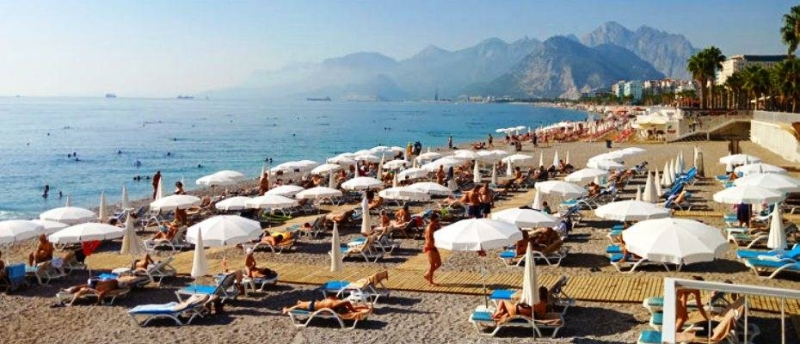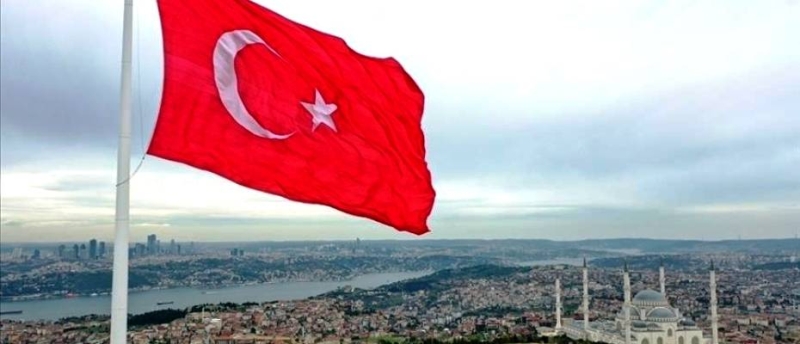Drones monitor compliance with the rules on beaches

This summer, vacationers who go to Greece will have to follow the new rules when visiting local beaches. The country’s authorities have begun to monitor what is happening on the beaches, some of which are protected natural areas. In particular, it was established that the minimum distance from the cot and deck chairs to the coastline should be at least 4 meters. In practice, this means that about two thirds of the beach area should be free of sun loungers. According to Walla!, restaurants and hotels occupy an increasing part of the coastline, renting out sun beds and deck chairs and leaving little space for “strangers”. Drones will periodically circle the beaches to ensure compliance with the rules. Drones are assisted by local residents through the MyCoast digital app, which encourages them to report violations. Local news agencies reported that in just five days more than a thousand complaints had been received and that violators had been fined in excess of 350 thousand euros. Back in March, commenting on the new rules, Greek Prime Minister Kyriakos Mitsotakis said that in this way he hopes to make life easier for vacationers who cannot afford to rent sun beds. Starting in April, 85% of beaches declared protected natural areas will be prohibited from sun loungers. Sunbeds will be completely banned in areas designated as “closed beaches”. The Greek Prime Minister was joined by the country’s Finance Minister Kostis Hadzidakis, who said on the eve of the introduction of fines: “Our goal is, on the one hand, to protect the environment and the right of citizens to free access to the beach, and on the other hand, to preserve our tourist product and help entrepreneurs serving tourists.” Earlier this year, Greece introduced a new levy on every tourist coming to the country, called the “climate resilience tax.” This will help to repair the damage caused by extreme weather conditions such as fires and floods that hit the country last year. It is expected that in 2024 the new tax will bring in $ 300 million: the money will go to a special fund and will be used to rebuild the affected areas.

